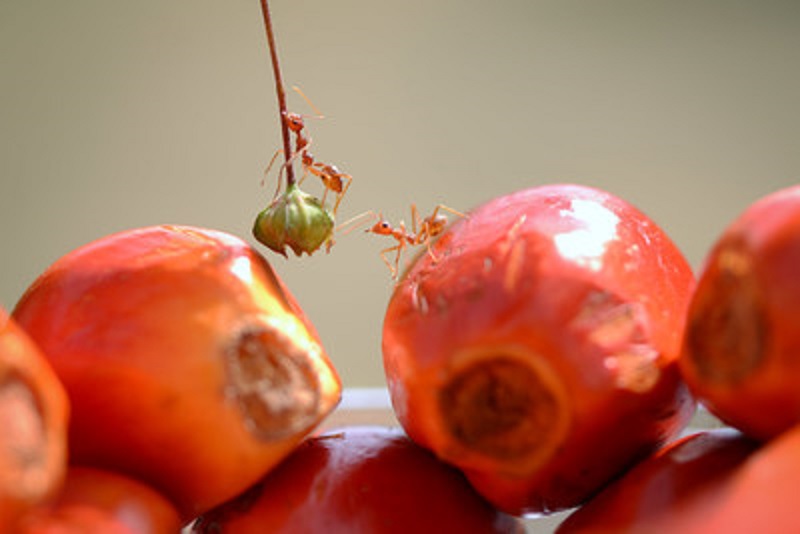
Subscribe to our Telegram channel to get a daily dose of business and lifestyle news from NHA – News Hub Asia!
“Traceability helps us to build stronger relationships and trust with suppliers. The information traceability provides also enables us to scale up and be realistically ambitious in our interventions, especially with smallholders,” said Anita Neville, Chief Sustainability and Communications, GAR, in the Company’s online panel discussion themed Leading to Sustainable Palm Oil Industry through Supply Chain Transformation.
Anita added, “We believe these efforts are not only good for our business but also support the strengthening of this vital Indonesian industry – helping it become more productive, efficient and competitive, through adoption of recognised, sustainable production practices.”
Since 2015, GAR has had 100 percent visibility on all of the supplier mills who deliver palm oil to our six refineries. Having a comprehensive view of all GAR’s suppliers, sub-suppliers and the linkages between them, allows the company to collaborate and invest to make the entire supply chain more resilient and more sustainable.
In addition to the traceability effort, GAR conducts regular monitoring and assessment of its suppliers of crude palm oil (CPO) and palm kernel oil (PKO), to ensure they understand and comply with the principles of sustainability within the GAR Social and Environmental Policy (GSEP).
“Thanks to the SMART REACH – Remote Engagement, Assessment and Conference (call) from Home programme via a video conference, from March 2020 to October 2021, we conducted assessments of around 72 palm oil mills (PKS). This number is double compared to the total direct site visits in the same period we did last year,” said Wahyu W. Wijayanti, Head of Traceable and Transparent Production.
Traceability is a strong commercial driver as well. Customers are increasingly discerning and want to know the origin of their raw materials. To secure traceable volumes, customers are willing to pay a competitive price, commit to large purchases or make long-term contracts. Collaboration between customers, suppliers and other industry stakeholders is essential to achieve a sustainable palm oil industry overall.
More than 40 percent of palm plantations in Indonesia are managed by about two million smallholders. “As an entrepreneur, we understand the long-term benefits of this supply chain mapping. We will meet consumer demand for product traceability while also participating in creating a more sustainable industry by helping independent smallholders who need support to implement better agricultural practices,” said Sulianto, Sustainability Manager, PT Sugih Riesta Jaya, a third-party supplier of GAR.
This effort, as well as other commitments within the GSEP, are recognised by a variety of stakeholders, and through reporting and disclosure systems like CDP the company can benchmark its performance. “Reporting best practices in managing environmental risks through the CDP platform enables companies to identify, measure, manage and communicate their actions to address climate change, manage deforestation and ensure water security. GAR has achieved a leadership level score on Forestry for the last three years, reflecting their leadership position in the palm oil sector,” said Rini Setiawati, Senior Manager, Forests, CDP.
Check out the full achievements of GAR in the 2020 Sustainability Report.
Source: Golden Agri-Resources(Press release)

